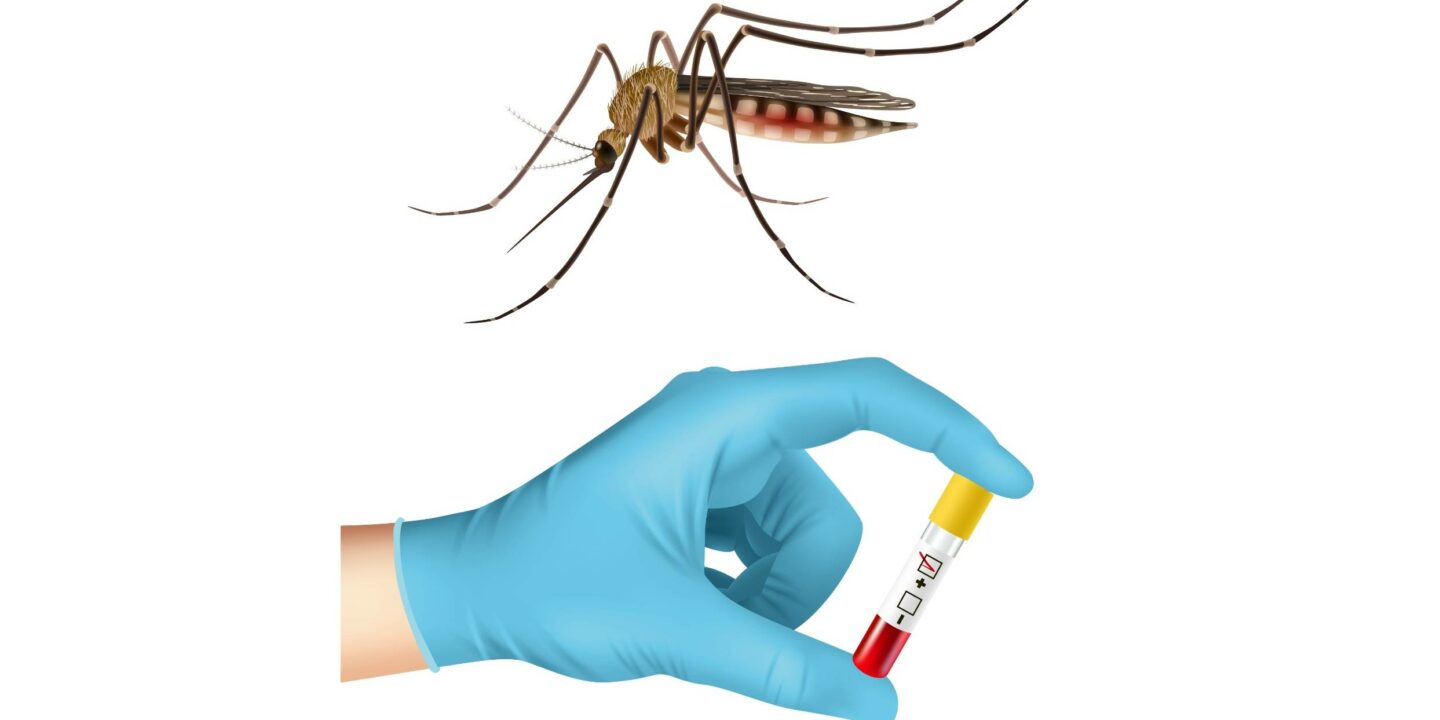Know About How Dengue & Malaria Kits Help The Patients


Dengue and malaria remain significant global health challenges, causing substantial morbidity and mortality in many parts of the world. Rapid and accurate diagnosis of these diseases is crucial for effective treatment and disease management. In recent years, advanced diagnostic kits have emerged, and addressing various challenges that have hindered timely and accurate detection. These innovations have the potential to revolutionize patient outcomes by enabling early intervention and precise treatment strategies.
Challenges in Traditional Diagnostics
Traditional diagnostic methods for dengue and malaria, such as microscopy and rapid diagnostic tests (RDTs), have limitations that impact patient outcomes. Microscopy requires skilled technicians, and it’s a time-consuming procedure, additionally, it may not be sensitive enough to detect low parasite densities. RDTs, while faster, often lack accuracy, especially in differentiating between dengue serotypes or detecting mixed infections.
Overcoming Challenges through Advanced Kits
1. Improved Sensitivity and Specificity: Advanced kits employ innovative technologies like polymerase chain reaction (PCR) and nucleic acid amplification techniques to enhance sensitivity and specificity. These methods can detect even low parasite or viral loads, reducing the likelihood of false negatives and allowing for early intervention.
2. Multiplexing for Differentiation: Multiplex PCR in these kits enables simultaneous detection of multiple pathogens or strains. In the case of dengue, where four serotypes exist, this differentiation is critical for tailoring treatment strategies. This capability ensures that patients receive the appropriate care, minimizing complications.
3. Point-of-Care Testing (POCT): One of the significant breakthroughs is the development of POCT devices. These portable kits can deliver rapid results within minutes, directly impacting patient outcomes by enabling timely treatment initiation. They are particularly valuable in remote or resource-limited areas where laboratory infrastructure is lacking.
4. Quantitative Analysis: Advanced kits also allow quantitative measurement of viral or parasitic loads. This feature aids in disease monitoring, assessing disease progression, and evaluating the effectiveness of treatment interventions. Clinicians can adjust treatment plans based on the quantitative data, leading to personalized care.
5. Early Detection and Surveillance: The integration of molecular techniques in these kits facilitates early detection of infections, enabling healthcare systems to respond promptly to potential outbreaks. This proactive approach can prevent the spread of the disease and reduce the burden on healthcare facilities.
Benefitting Patient Outcomes
The implementation of advanced dengue and malaria diagnostic kits has a profound impact on patient outcomes:
1. Timely and Appropriate Treatment: Early and accurate diagnosis enables healthcare providers to administer timely and suitable treatments. Patients can receive antimalarial drugs or supportive care for dengue promptly, reducing the risk of complications.
2. Reduced Misdiagnosis: Improved sensitivity and specificity minimize misdiagnosis and inappropriate treatments. This prevents unnecessary medications, reducing the risk of adverse reactions and promoting faster recovery.
3. Preventing Disease Spread: Swift detection helps public health authorities implement control measures promptly, preventing the spread of these diseases within communities.
4. Monitoring and Follow-up: Quantitative analysis allows clinicians to monitor disease progression and treatment response closely. Adjustments can be made if necessary, ensuring the patient’s recovery trajectory is optimal.
5. Resource Optimization: Point-of-care testing reduces the burden on central laboratories and frees up resources, enabling healthcare professionals to focus on patient care.
Advanced dengue and malaria diagnostic kits have revolutionized disease detection, addressing the challenges posed by traditional methods. These innovations enhance sensitivity, specificity, and differentiation while providing rapid results and quantitative data. By transforming patient outcomes through timely treatment, reduced misdiagnosis, and efficient disease control, these advanced kits play a pivotal role in the global fight against dengue and malaria. As technology continues to evolve, these diagnostic tools will likely become even more accessible, accurate, and impactful in the years to come.
About the author- Mr. Dhiren Ramji Trambadia, Vice President – Routine Diagnostics, Trivitron Healthcare Private Limited
